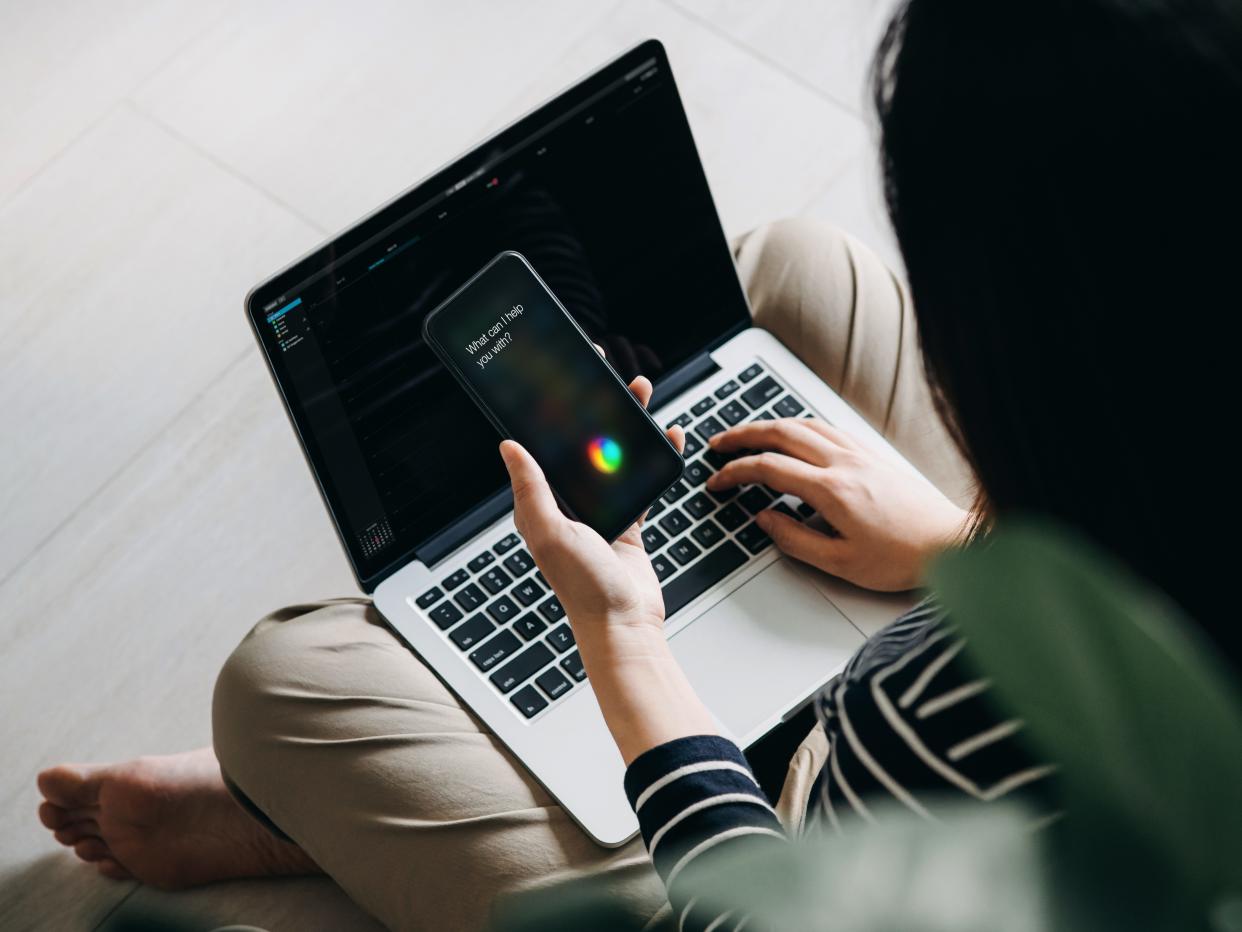AI personal assistants are coming. That could change everything in our personal and work lives.

Some AI leaders say everyone will have an AI personal assistant in the near future.
Since ChatGPT launched, users have integrated it into their personal and work lives.
Some are using AI to plan vacations and meals, while others are using it to be more productive at work.
This story is part of "How Emerging Tech is Changing Everything," a series exploring the transformative impact of tech innovations across industries.
There's been a lot of collective anxiety about the threat artificial intelligence might pose to humanity, but many at the forefront of the technology assert that it comes in peace — and could actually be a net positive.
If you ask Mustafa Suleyman, the cofounder of DeepMind, Google's AI division, artificial intelligence will allow everyone to have their own personal assistant — or a bot "chief of staff" — in the next five years.
"It will be able to reason over your day, help you prioritize your time, help you invent, be much more creative," Suleyman, now the CEO of Inflection AI, told CNBC when describing AI. "It will be a research assistant, but it will also be a coach and companion."
It's not just Suleyman who predicts a world in which everyone is paired with a cyborg.
AI leaders predict a world assisted by AI
Sal Khan, the founder of the education platform Khan Academy, said AI would allow every student to have a personal tutor, and Bill Gates wrote in a blog post that GPT would be like "having a white-collar worker" available at all times.
Some are already using ChatGPT as an affordable alternative to a personal assistant.
One entrepreneur brought on ChatGPT as his "CTO" and used the chatbot to build a Chrome extension in just 10 hours. A freelance writer said he used ChatGPT as a "virtual assistant" to help him come up with titles and write outlines for his articles; he claims it's part of why he can work only 30 hours a week.
A study at one company found that customer-support agents who had AI assistants that could generate suggested responses were happier, more productive, and less likely to quit than those without AI.
Others have used generative AI to develop code, write legal briefs, generate marketing materials, and create student lesson plans.
But AI won't change only the workplace experience. Since OpenAI launched ChatGPT last year, hundreds of millions of users have found ways to integrate the technology into their personal lives.
AI is enhancing interactions outside of work
ChatGPT users have deployed the AI to help them plan a family vacation, enhance their online dating profiles, lose weight, and find apartments — all at varying levels of success.
Some men have found AI chatbots useful in helping them flirt and land more dates, and one mother even asked ChatGPT to diagnose her son's mysterious illness — which was later confirmed by a medical expert to be the correct diagnosis — after 17 human doctors failed to do so.
It's too soon to fully trust AI to automate our lives. ChatGPT has a tendency to produce factual errors, contain biases, and sometimes require multiple iterations of a prompt before it spits out the output you want.
And while experts agree progress is being made toward a new form of AI called artificial general intelligence — or AGI — we are not quite there yet.
Only time will tell whether AI will become a bigger part of everyone's lives — and whether robots will do more good for humanity than harm.
Read the original article on Business Insider
